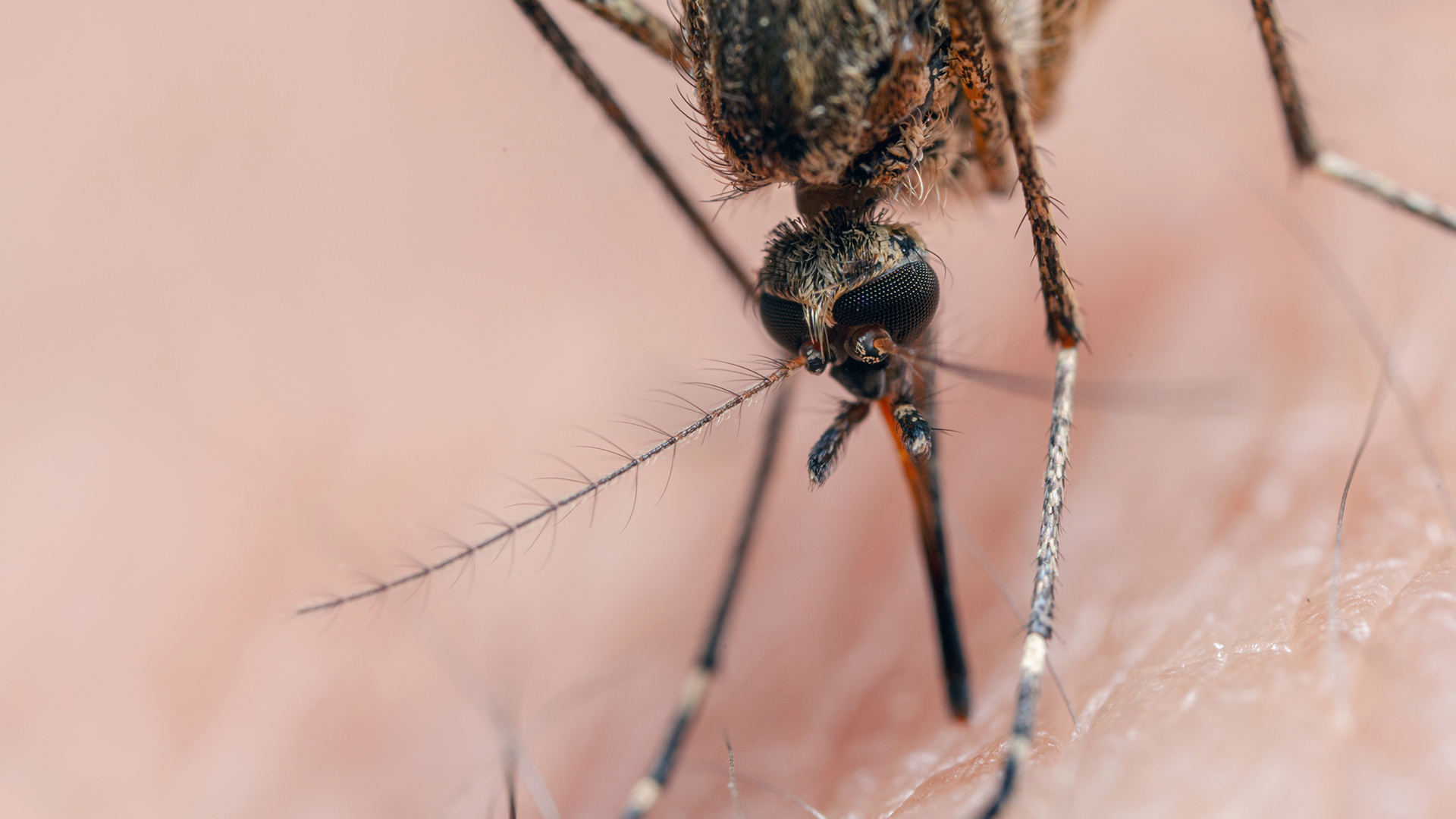
A rare, mosquito-spread virus that can inflame the brain recently sickened two people in Alabama, one of whom died.
Both cases of the viral disease, called eastern equine encephalitis (EEE), occurred in Baldwin County, a coastal county just west of the Florida Panhandle, the Alabama Department of Public Health reported Monday (Aug. 21).
One case occurred in the city of Spanish Fort, and the other happened near the city in an unincorporated area, Spanish Fort Mayor Mike McMillan told the local news site AL.com. In a Facebook post, city officials noted that the streets and roadways are sprayed for mosquitoes weekly, but residents should still take precautions to protect themselves from bites.
The county and state health departments are also working with the city to set mosquito traps, in order to test the pests for the EEE virus.
Related: Should we kill every mosquito on Earth?
The EEE virus is endemic to, or found in North America and the Caribbean, according to the Centers for Disease Control and Prevention (CDC). Birds in freshwater hardwood swamps carry the virus, and a mosquito species (Culiseta melanura) that mostly feeds on bird blood picks up the pathogen and spreads it to other birds. Then, mosquitoes that bite both birds and mammals act as a bridge, passing the virus from infected birds to horses and to humans.
There's an EEE vaccine available for horses, but there isn't one for humans. That's partly because humans rarely become sick when infected with the EEE virus. "Overall, only about 4-5% of human EEEV infections result in EEE," the CDC states.
For those who do get sick, there are no specific treatments available; medical care involves measures like intravenous fluids and pain medications.
People's symptoms usually appear about four to 10 days after a mosquito bite. Some people develop only symptoms of fever, which can cause chills, body aches and joint pain, and they typically recover. Others develop both fever and neurological symptoms, including headache, vomiting, diarrhea, seizures, behavioral changes, drowsiness and coma. These are signs that the virus is causing brain inflammation (encephalitis) or inflammation in the tissue that surrounds the brain and the spinal cord (meningitis).
One-third of people who develop encephalitis due to EEE die, often two to 10 days after their first symptoms, the CDC estimates. Those who recover typically have long-term impairments, ranging from mild brain dysfunction to severe intellectual impairment, seizures and paralysis. Many require ongoing medical care and die within a few years.
Across the whole U.S., an average of 11 cases of EEE are reported each year. But the exact number of annual cases can vary — for example, 38 were reported in 2019, compared with only one in 2022.
The CDC's data for 2023 shows that one case has been reported in Louisiana, so far, but as of Aug. 23, the tracker has not yet been updated to reflect the two new Alabama cases. That said, the CDC noted that the agency had already received reports of "non-human activity," meaning mosquitoes or animals infected with the EEE virus, in both Baldwin County, Alabama and the neighboring county of Mobile.







